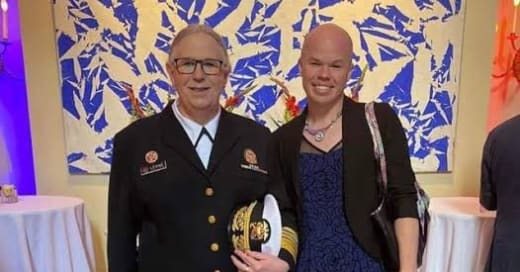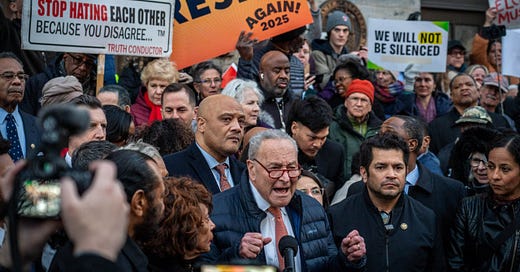Elegy
A few weeks ago I flew to Chicago, hopped into a rent-a-car, and navigated my way on the tangle of interstate highways to the now mostly former industrial region in the northwest corner of Indiana just off lowest Lake Michigan between the towns of Whiting and Gary. The desolation of human endeavor lay across the land like nausea made visible, but more impressive was how rapid the rise and fall of it all had been.
Not much more than 150 years ago this was a region of marshes, dunes, swales, laurel slicks, and little backwater ponds of the huge lake. The forbidding flat emptiness of the terrain made it perfect for running railroad track, and before long much of the heavy industry that epitomized the modern interval opened for business there, downwind from the pulsating new organism called Chicago. The storied steel mills of Gary are gone, and the numberless small shops and sheds that turned out useful widgets exist now, if at all, as ghostly brick and concrete shells along the stupendous grid of highways.
The one gigantic enterprise still going was the BP oil refinery, originally the Standard Oil operation, a demonic jumble of pipes, retorts, and exhaust stacks that sprawled over hundreds of acres, with flared off plumes of leaping orange flame from gas too cheap to sell lurid against the Great Lakes sunset in a lower key of rose and salmon pink. The refinery was there to support the only other visible activity in region, which was motoring.
In a place so desolate it was hard to tell where everybody was going in such numbers on the endless four-laners. Between the ghostly remnants of factories stood a score of small cities and neighborhoods where the immigrants settled five generations ago. A lot of it was foreclosed and shuttered. They were places of such stunning, relentless dreariness that you felt depressed just imagining how depressed the remaning denizens of these endless blocks of run-down shoebox houses must feel. Judging from the frequency of taquerias in the 1950s-vintage strip-malls, one inferred that the old Eastern European population had been lately supplanted by a new wave of Mexicans. They had inherited an infrastructure for daily life that was utterly devoid of conscious artistry when it was new, and now had the special patina of supernatural rot over it that only comes from materials not found in nature disintegrating in surprising and unexpected ways, sometimes even sublimely, like the sheen of an oil slick on water at a certain angle to the sun. There was a Chernobyl-like grandeur to it, as of the longed-for end of something enormous that hadn’t worked out well.
Yet people were coming and going in their cars from the welfare ruins of East Chicago to the even more spectacular tatters of Gary, where the old front porches are disappearing into prairie grass and the 20th century retreats into the mists of mythology. For a while, I suppose, people were interested that the Michael Jackson nativity occurred there, but that, too, is a shred of history now merging with the fabled wendigo of the Wyandots and the fate of the North American mastodon. You might draw the conclusion that driving cars is the only activity left in certain parts of the USA. Many of the ones I saw in this forsaken corner of the Midwest were classic beaters occupied by young men in pairs searching, searching, searching. It takes a certain special kind of mental bearing to persist in searching such a place for something that is not there.
I was never so glad to get out of a place than those hundred-odd square miles of soured American dreamland. I was driving too, along with everybody else, on the Dan Ryan Expressway (US I-94), and for about 20 miles or so, from Pullman to the West Loop, the traffic barely pulsed along, like the contents in the terminal portion of the human gastrointestinal tract. This is what remains out in the Heartland of our country: a place so dire that you want to race shrieking from it and forget what you saw there. I have a feeling that its agonizing return to nature – or what’s left of nature – will not be mitigated by anything Barack Obama or Mitt Romney might propose to do. I wouldn’t want to be around when the driving stops.
____________________________________
My books are available at all the usual places.
















